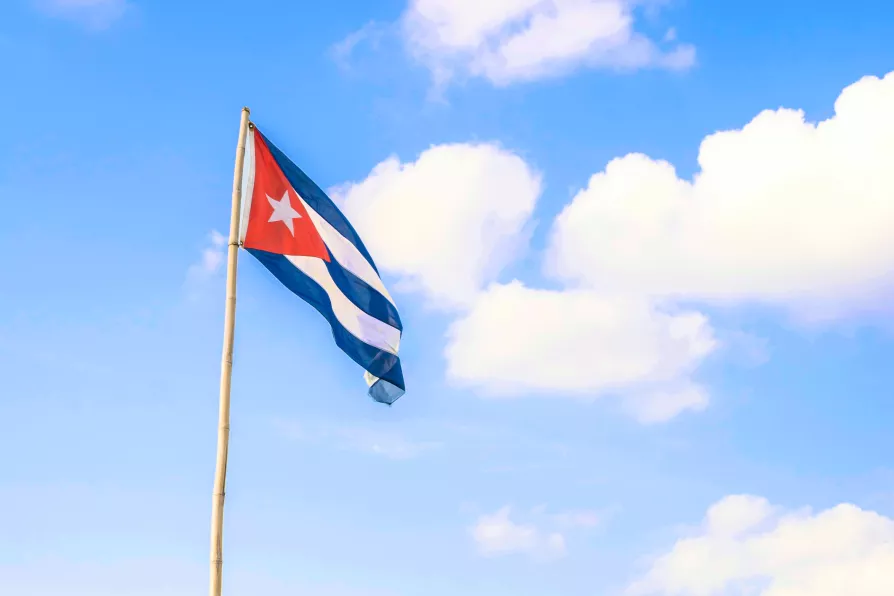Marco Rubio views 1945 as a defeat for the West, wants to revise the post-war order, while German ministers lead the standing ovation. SEVIM DAGDELEN reports


THE Morning Star’s motto is “For Peace & Socialism” and we are proud to celebrate Cuban internationalism, and proud too of our long association with the Cuba Solidarity Campaign, which has done so much to secure what I believe is now a wide understanding across the British left and trade union movement of the enormous contribution Cuba has made to the causes of peace and socialism internationally.
Fighting to win the British labour movement, and through it the Labour Party, to an internationalist position is not easy, living in the oldest imperialist country in the world and given the political consensus at Westminster in favour of the closest possible alliance with the United States.
In this renewed era of militarism and war worldwide, we have seen support for imperialism gain ground even within the labour movement.

ISAAC SANEY points to the global stakes involved in defending the Cuban revolution against imperialism and calls for resistance

BEN CHACKO says in different ways, the centenary of the General Strike and that of Fidel Castro’s birth point to priority tasks for the British left in the coming year

While ordinary Americans were suffering in the wake of 2005’s deadly hurricane, the Bush administration was more concerned with maintaining its anti-Cuba stance than with saving lives, writes MANOLO DE LOS SANTOS

Cuba Solidarity Campaign secretary BERNARD REGAN says the inhuman blockade of Cuba not only continues, but the Donald Trump administration is ratcheting up aggression against both Havana and Latin America more widely









